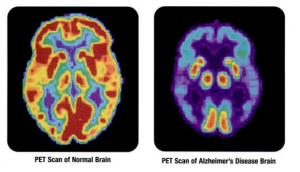For quite some time, nursing home abuse and neglect studies have shown that older adults with Alzheimer’s disease and other forms of dementia may be more vulnerable to various types of elder abuse, and it may be more difficult for them to make accurate reports of that abuse, as well. According to a new study published in the journal Health Affairs, researchers contend that nursing home residents with Alzheimer’s disease and other forms of dementia need to be in facilities where “they are the majority” in order to have the best chance at quality care, yet most facilities in California “accommodate a heterogeneous population, where specialized training is limited.” In other words, most dementia patients at California nursing homes may be unnecessarily subject to conditions where they could sustain preventable injuries.
Dementia Patients Need to Be the Focus of Care
When an older adult has Alzheimer’s disease or another form of dementia, and that person is residing in a nursing home, it is particularly important for that person to be in a facility where dementia patients are the focus of the care. According to the study, ADRD residents, or nursing home residents who have been diagnosed with “Alzheimer’s disease and related dementias,” are currently “dispersed throughout all nursing homes, with fewer than half in facilities where they accounted for 60% to 90% of the population.” In these circumstances, the quality of care for ADRD residents was of a lower quality than at facilities where they were at the center of the type of care provided by the facility.
 Southern California Nursing Home Abuse Lawyer Blog
Southern California Nursing Home Abuse Lawyer Blog
















